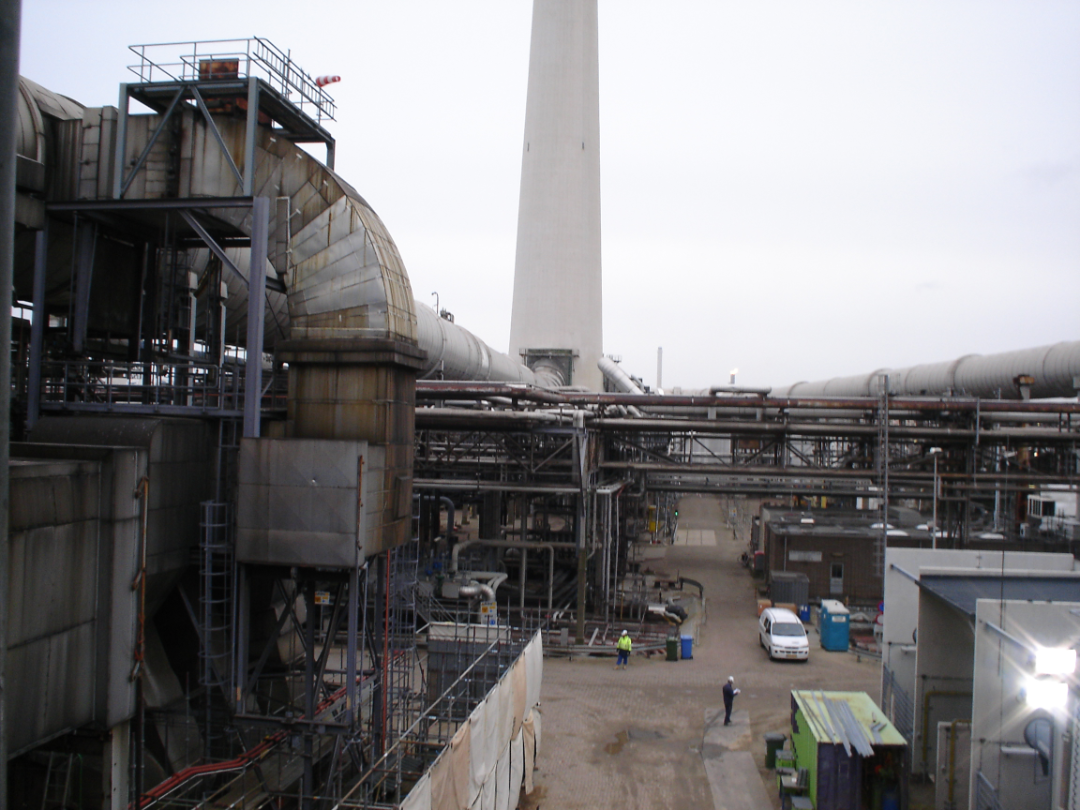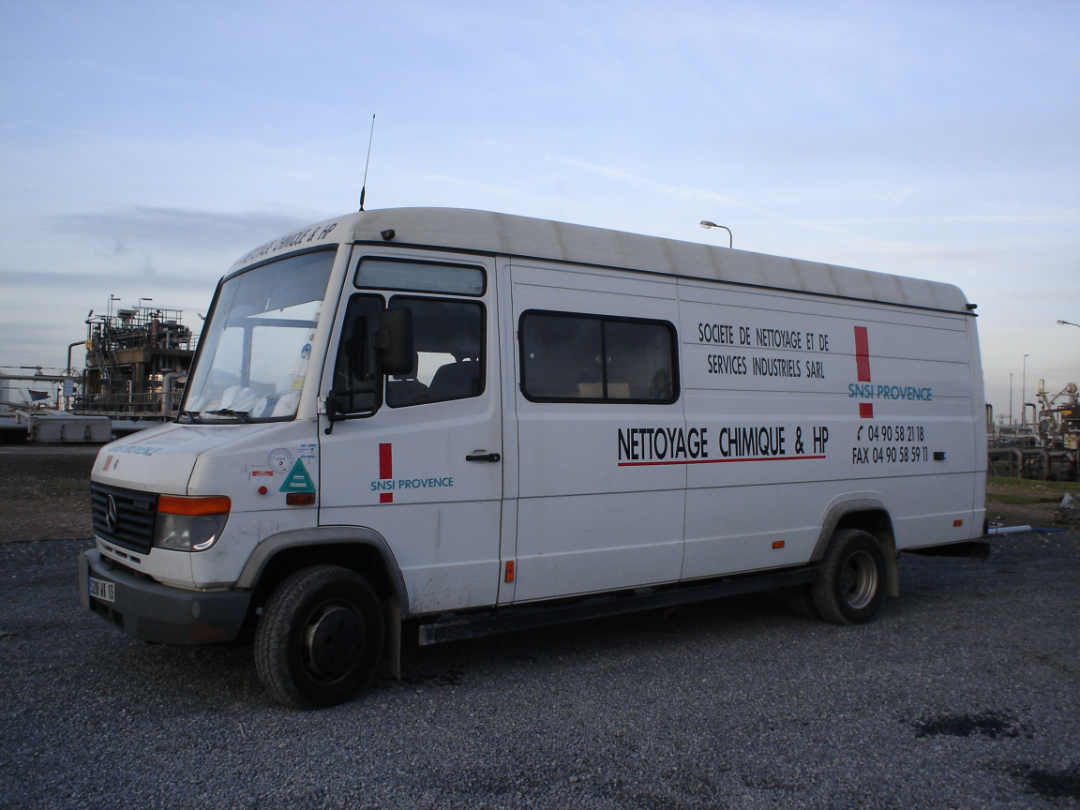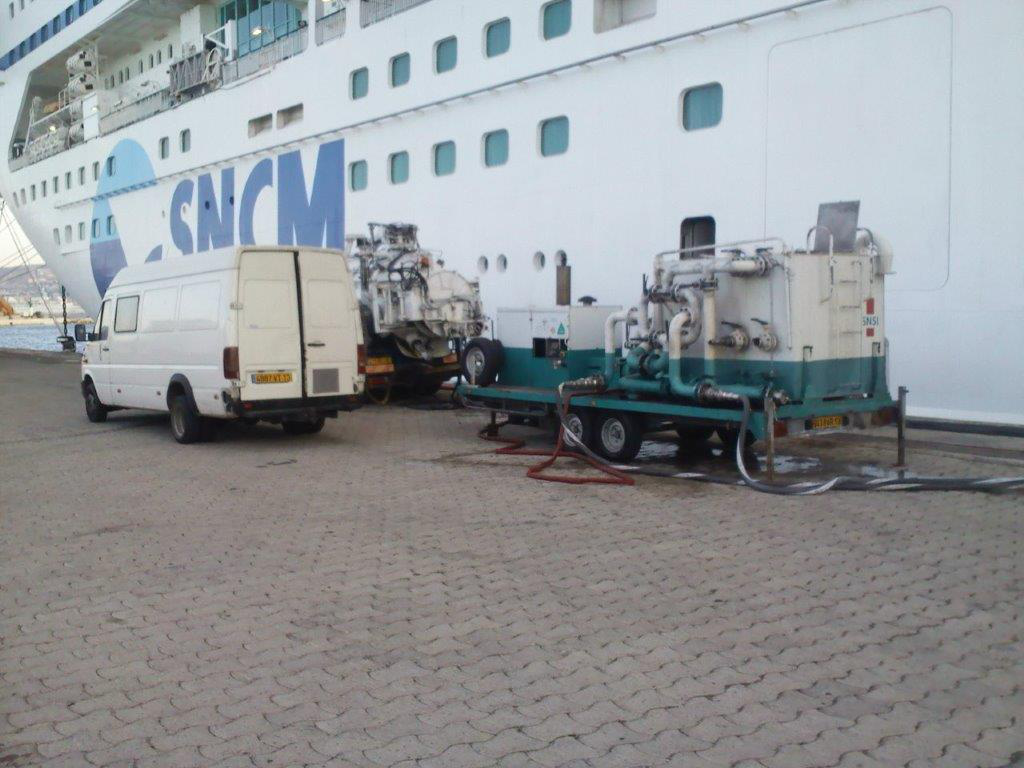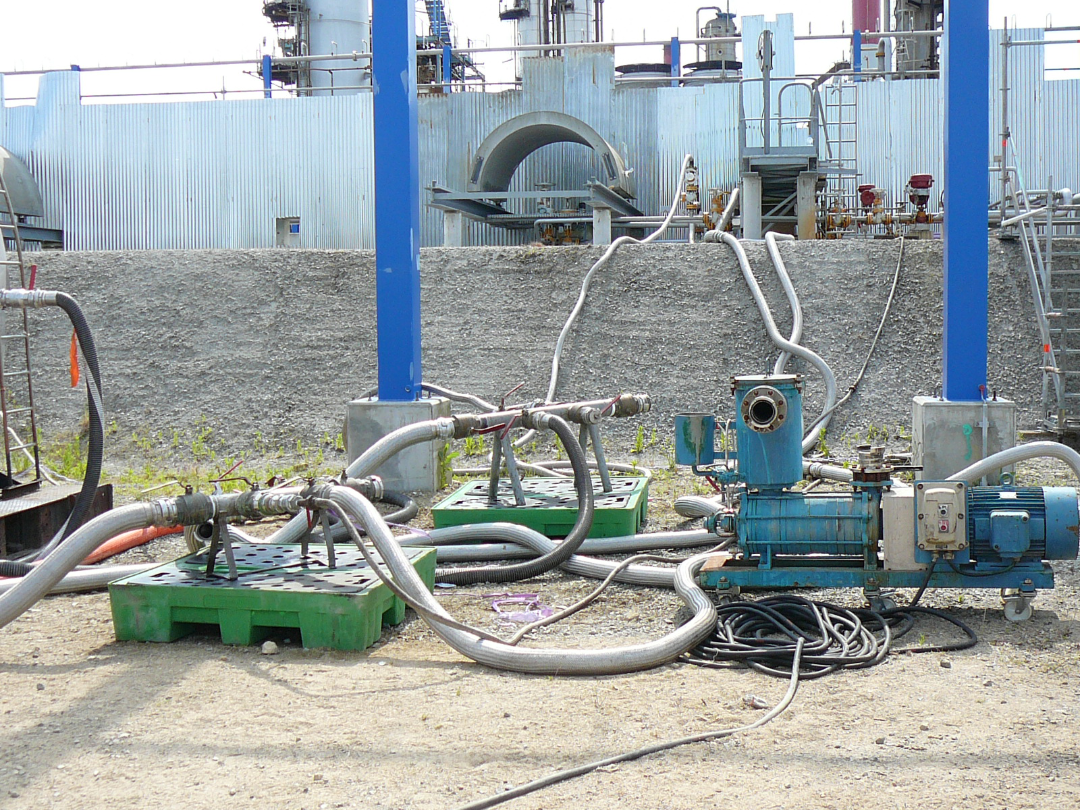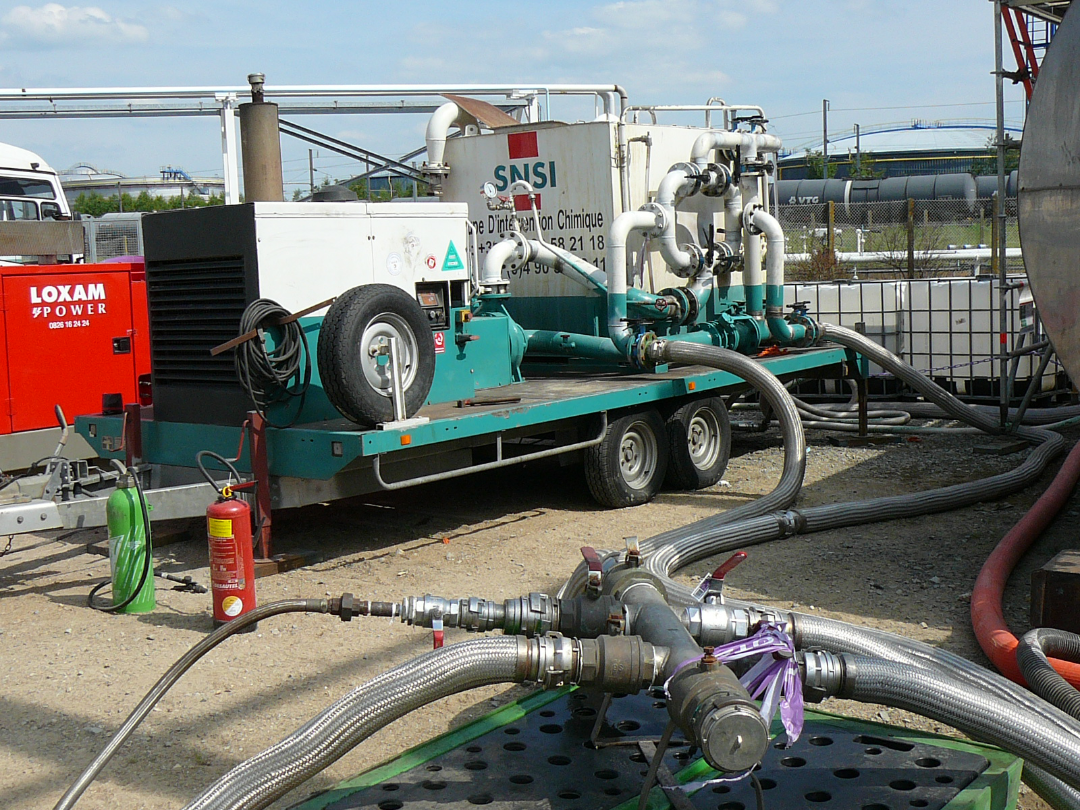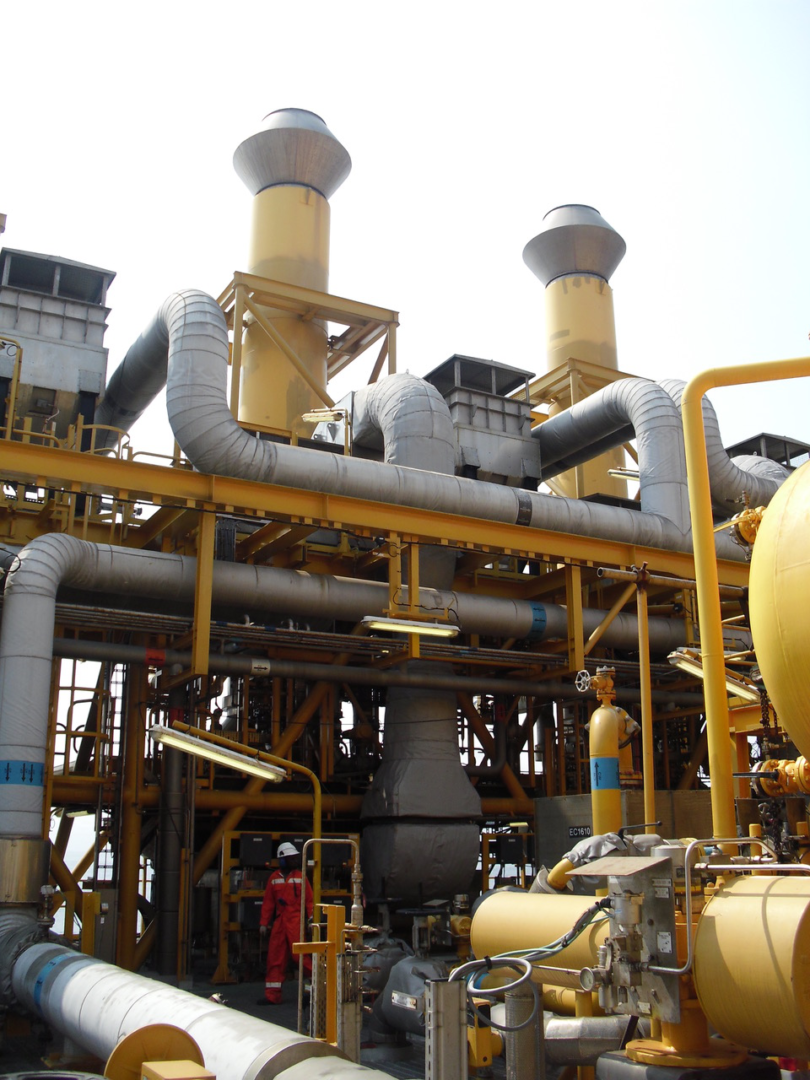Which industrial devices are affected by descaling, degreasing, pickling & passivation?
The devices concerned are: boilers of all capacities, exchangers, refrigerants, pipes, compressors, pumps, columns, etc. We adapt our intervention equipment to your devices (material, volume, location), and to your “Atex Zone” requirements…
What is chemical descaling?
Chemical descaling consists of eliminating limescale with a generally acidic agent. This process makes it possible to limit the overconsumption of energy generated by the insulating power of scale and to reduce pressure and flow losses by restoring the initial passage diameter of the pipes. The installation returns to its optimal operating conditions. Descaling is always followed by rinsing. It can be completed by deoxidation & passivation.
What is chemical degreasing?
Chemical degreasing removes all traces of grease and contamination. This treatment is carried out on devices in service, new devices in order to eliminate oils and filings during manufacture.
Degreasing is most often followed by pickling/passivation.
What does chemical stripping do?
Chemical pickling chemically removes residual acidity from the surface of the device. The treatment is adapted to the material.
What is chemical passivation?
Chemical passivation artificially creates a film of magnetite to temporarily protect the surface of the metal before it is returned to service. In the case of a late return to service, we offer drying and storage under nitrogen.
These different stages of a chemical treatment can be carried out in a single phase, we work with the same load without intermediate rinsing, thus reducing water consumption, the effluents generated and the duration of intervention.
We can also manage the temporary storage, transport and destruction of washing effluents, passivation waters, in compliance with the standards in force.
Which industrial devices are affected by descaling, degreasing, pickling & passivation?
The devices concerned are: boilers of all capacities, exchangers, refrigerants, pipes, compressors, pumps, columns, etc. We adapt our intervention equipment to your devices (material, volume, location), and to your “Atex Zone” requirements…
What is chemical descaling?
Chemical descaling consists of eliminating limescale with a generally acidic agent. This process makes it possible to limit the overconsumption of energy generated by the insulating power of scale and to reduce pressure and flow losses by restoring the initial passage diameter of the pipes. The installation returns to its optimal operating conditions. Descaling is always followed by rinsing. It can be completed by deoxidation & passivation.
What is chemical degreasing?
Chemical degreasing removes all traces of grease and contamination. This treatment is carried out on devices in service, new devices in order to eliminate oils and filings during manufacture.
Degreasing is most often followed by pickling/passivation.
What does chemical stripping do?
Chemical pickling chemically removes residual acidity from the surface of the device. The treatment is adapted to the material.
What is chemical passivation?
Chemical passivation artificially creates a film of magnetite to temporarily protect the surface of the metal before it is returned to service. In the case of a late return to service, we offer drying and storage under nitrogen.
These different stages of a chemical treatment can be carried out in a single phase, we work with the same load without intermediate rinsing, thus reducing water consumption, the effluents generated and the duration of intervention.
We can also manage the temporary storage, transport and destruction of washing effluents, passivation waters, in compliance with the standards in force.
Our achievements

DALIA platform
Intervention in chemical descaling, exchanger and boiler

